1. Retail Cashiers
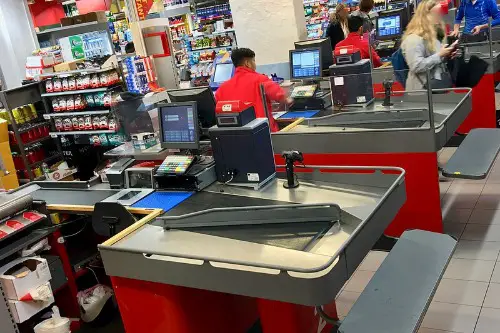
Self-checkout machines have already started replacing cashiers in many places, and the trend is only going up. With companies pushing for more automation, it’s not far-fetched to think that stores could eventually phase out cashiers entirely. This change isn’t just about saving money—it’s about speeding up the shopping experience and reducing lines, making it more convenient for consumers.
2. Travel Agents

Remember the days when you’d visit a travel agent to book your flight or plan a vacation? Those days are numbered. Apps and websites have made it so easy for people to book travel themselves, often with better deals and instant confirmation. Travel agents now struggle to compete with these tech-powered options and are becoming a rare sight in the world of travel planning.
3. Data Entry Clerks
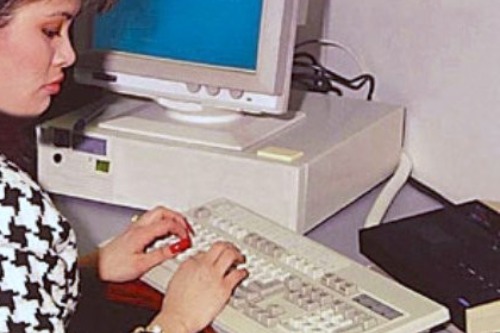
With the rise of machine learning and more sophisticated software, data entry is quickly becoming obsolete. Algorithms can now extract, organize, and manage information more efficiently than a human ever could. It’s not just about efficiency; it’s about minimizing human error and maximizing speed. Data entry clerks are finding themselves squeezed out as automation takes over this once-standard office job.
4. Telemarketers

Telemarketing has been a staple in the world of sales for decades, but consumers have become more adept at blocking unwanted calls. Plus, automated systems and chatbots have stepped in, offering a cheaper, more efficient way to reach customers without the hassle of human interaction. The result? A decline in demand for live telemarketers.
5. Postal Workers
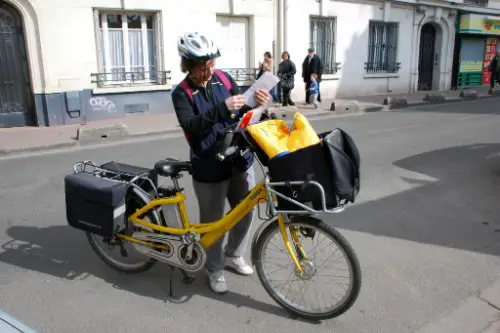
With email and instant messaging becoming more widespread, and with the convenience of package delivery services like FedEx and UPS, traditional mail services are dwindling. While some people still rely on postal services for bills and personal mail, these numbers are decreasing rapidly. The rise of digital communication has made the old-fashioned mail route nearly obsolete.
6. Bank Tellers

Banks are evolving to keep up with technology. With apps and mobile banking services, most people rarely step foot inside a branch anymore. Cashless payments, ATMs that can do more than just withdraw cash, and a shift to digital financial management are all contributing factors. Bank tellers are being replaced by these digital solutions that provide faster, more efficient service.
7. Newspaper Delivery People

As print media continues to lose traction, the need for physical newspaper delivery is on a sharp decline. More people are reading news online, and with subscriptions going digital, the delivery route that once required thousands of workers is becoming a memory. The pandemic only sped up the move away from print media as more people got used to accessing news through their smartphones.
8. Assembly Line Workers
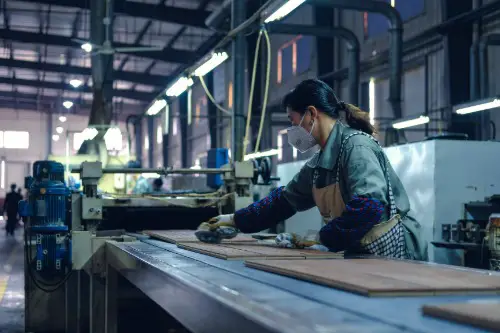
Automation has taken assembly line work to the next level. With advanced robots handling tasks from car assembly to electronics manufacturing, human workers are becoming less essential in these roles. The flexibility, speed, and precision of robotics make them a better choice for companies looking to cut costs and improve productivity. As a result, assembly line jobs are expected to see a sharp decline.
9. Fast Food Workers
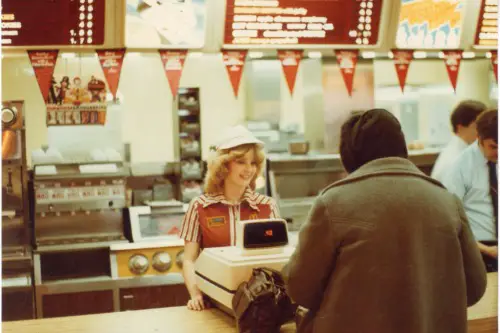
Fast food is becoming faster and more efficient, thanks to the rise of machines and technology. Self-order kiosks and automated cooking systems can process orders, cook, and even customize meals with minimal human intervention. While some chains may still employ humans for a personal touch or customer service, the overall demand for fast food workers is shrinking.
10. Taxi Dispatchers

Ridesharing services like Uber and Lyft have revolutionized the way we think about taxis, eliminating the need for traditional dispatch services. With apps that allow people to book rides with the tap of a finger, dispatchers are seeing their job become redundant. The process of connecting drivers and passengers has been streamlined by technology that makes it all seamless and instantaneous.
11. Taxi Drivers

While we’re on the subject of ridesharing, taxi drivers are also facing a major challenge. Self-driving car technology, though not fully mainstream yet, is expected to disrupt the entire transport industry. Companies like Tesla and Waymo are already piloting autonomous vehicles, suggesting that taxi drivers may soon become a rarity.
12. Human Resources Assistants

Human resources is becoming more digitized with AI tools that screen resumes, conduct preliminary interviews, and manage employee data. These systems can sift through thousands of applications in seconds, offering faster and more efficient hiring practices. HR assistants who once handled these tasks are now facing reduced demand for their roles.


